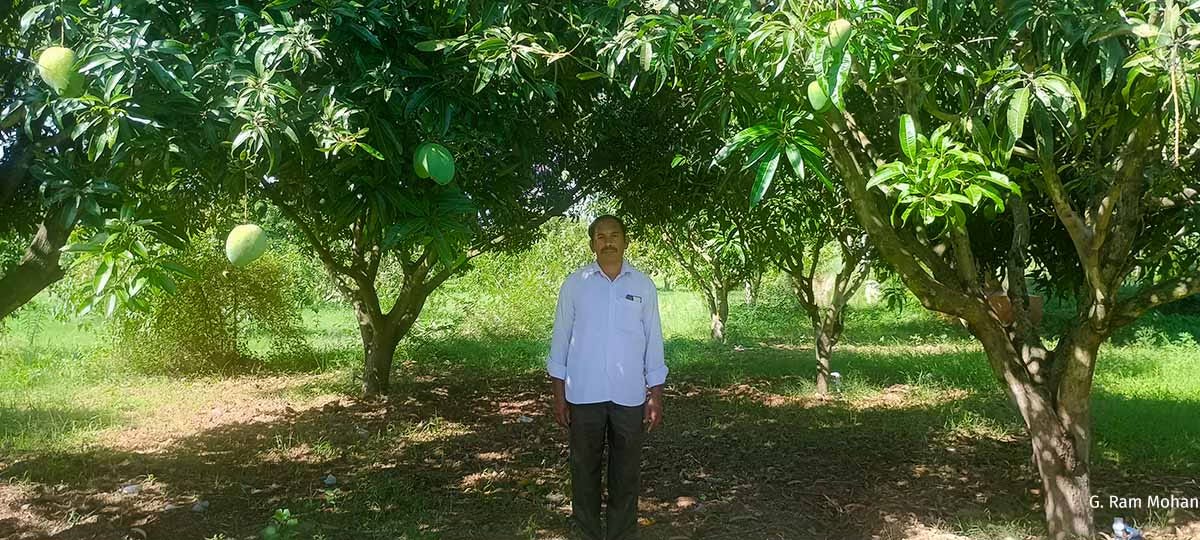Mango Farmers Count Losses
Also this week, what a caste census could reveal about inequality, and how Kashmir’s tourism industry is struggling since the April 22 attack
Dear reader,
This week, we bring you stories of how people navigate uncertainty—from mango farmers in Andhra Pradesh battling pests and unpredictable weather, to the fragile return of tourists to a Kashmir valley still healing after tragedy, and renewed questions about caste data and equity.
In Andhra Pradesh’s Rayalaseema region, mango growers are struggling through record heat and erratic rainfall. This year, the difference in the night and day temperatures between October and December was lower, which is bad for flowering. Delayed flowering, and then an earlier fall of the flowers due to higher temperatures than usual in March meant farmers are expecting a lower yield than usual.
Farmers like G. Obuleshwar Reddy are seeing yields drop by 75%. In addition, hitherto unseen pests are affecting the orchards, requiring more spending on pesticides, even as prices are not increasing in line. Further, if pesticide residue is high in the pulp, exporters could reject the produce, experts say.
G. Ram Mohan reports from Chittoor, Andhra Pradesh, talking to farmers who complain of growing pesticide costs, pressures from the pulp industry which is their major buyer, and why they are thinking of moving away from growing mangoes.
While welfare policies and affirmative action have improved outcomes for India’s Scheduled Castes, Scheduled Tribes and Other Backward Classes, the progress has been uneven within these groups and insufficient to reasonably bridge inter-group gaps, a recent analysis of socioeconomic data from Uttar Pradesh, studying the occupational mobility over three generations, has shown.
A caste census, expected to be conducted with the population census in 2027, represents an essential tool for advancing social justice and fostering inclusive development, said co-author and demographer Srinivas Goli, who teaches at the International Institute for Population Sciences, Mumbai. Without disaggregated sub-caste data, resolving competing demands for reservations from marginalised groups on the one hand and resentful upper castes on other becomes difficult, he told Shreehari Paliath in this interview.
More than two months ago, in the deadliest attack on civilians in years, 26 tourists were shot dead and many others injured by terrorists in Kashmir’s Pahalgam, at a time when tourism was booming. Immediately after the attack, locals had assisted tourists leave the valley and reach home.
Saurabh Sharma reports from Srinagar and Gulmarg, finding that tourist sites that otherwise attracted hundreds or thousands of visitors during the summer are nearly empty, hotels are operating at 10% occupancy, and restaurants are facing losses. Local businessmen and taxi drivers say people dependent on tourism are seeing incomes fall even as loans pile up.



